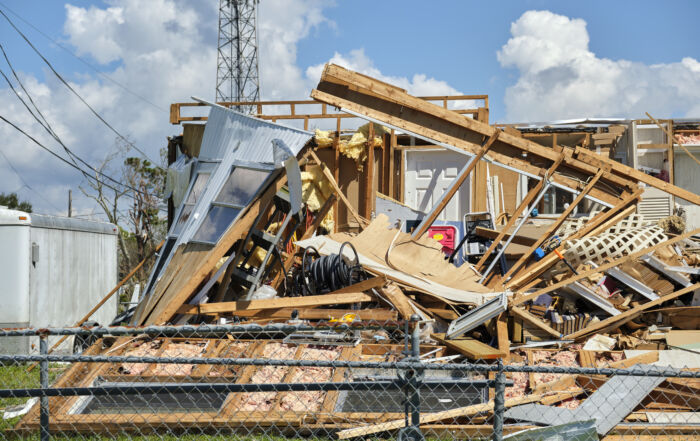Neglected Safety: CDC Report Casts Doubts on the Ability of the Foodservice Industry to Ensure Ill Workers Stay at Home
Early in June, the Centers for Disease Control and Prevention released a report outlining foodborne illness outbreaks in retail foodservice establishments. The report outlined outbreaks from 25 state and local health departments from 2017 through 2019.
The data were submitted by Alaska; Maricopa County, Arizona; California; Jefferson County, Colorado; Connecticut; Delaware; Georgia; Indiana; Iowa; Massachusetts; Michigan; Minnesota; Kansas City, Missouri; New York; New York City, New York; Southern Nevada Health District; North Carolina; Oregon; Rhode Island; South Carolina; Harris County, Texas; Tennessee; Fairfax County, Virginia; Washington; and Wisconsin. During the 2017 through 2019 period, a total of 800 foodborne illness outbreaks occurred in these areas, involving 875 retail food establishments.
One of the key takeaways from the study was that it shed light on the need for improved ill-worker policies to prevent foodborne illnesses. The study noted that in 40% of all outbreaks where a contributing factor was identified, at least one factor was that food was contaminated by an ill food worker. When interviewed, most of the managers (91.7%) indicated that their establishment had a policy that food workers must notify a manager when they were ill.
While some measures exist to address this issue, it is evident that we are not doing enough. In many foodservice establishments, policies regarding ill workers are poorly enforced, unclear, or simply incomplete. The lack of clear guidelines and consistent implementation contributes to a culture where employees feel pressured to work while ill, fearing job security or financial repercussions.
…in 40% of all outbreaks where a contributing factor was identified [from 2017-2019], at least one factor was that food was contaminated by an ill food worker.
Limited access to paid sick leave further compounds the problem. Many workers are entry-level, and live paycheck to paycheck, which means if they take a day off, they may not be able to make their car payment or make the rent payment that month. This forces workers to choose between their health and their livelihood. Research done in this area has noted that paid sick leave helps to alleviate frontline workers reporting to work while ill, and ultimately decreases foodborne illnesses.
Aside from changing sick-leave policies, it is clear that we must increase education and training among our employees. Our employees should be made aware of the potential risks they pose to both customers and themselves when working while ill. Training programs can emphasize the importance of proper hygiene practices (like handwashing) and the responsibility to take sick leave, especially if they exhibit one of the five symptoms for exclusion or restriction: vomiting, diarrhea, jaundice, sore throat with fever, and lesion with pus.
As managers, we must also be responsive to these requests. As a former manager, I despised calls from employees who claimed they were sick. We had a policy that the employee must see a doctor to get a doctor’s note. Looking back, it was a silly policy intended to dissuade employees from calling in sick when they really wanted to go fishing. But, in reality, it most likely caused many employees to come into work sick because they couldn’t afford to go to the doctor for an upset stomach.
If we truly want to establish a culture of food safety in our establishment, we must take all reports of illness seriously and remove policies that may force employees who can’t afford a doctor from coming into work. While written policies are important – a topic we have often discussed in this blog – the report highlights that it is not enough to just have written policies, we must also enforce those policies and ensure our employees comply with them, too. Only once they know your commitment as a manager to food safety will they follow your lead!
Later this month, we will be releasing the second quarter SafeBites webinar, entitled 2022 Year in Review: What We Can Learn From Foodborne Outbreaks. Join us as we highlight 13 of the major outbreaks from 2022 and what you can learn from them to protect your business! Risk Nothing.
READ MORE POSTS
What Have We Already Learned from the Most Recent E. Coli Outbreak?
In late-September and peaking in very early-October, reports of increased Escherichia coli (E. coli) 0157:H7 cases [...]
Ensuring Food Safety in Emergency Foodservice Operations
As we were reminded earlier this month, emergencies can strike unexpectedly, whether due to natural disasters, [...]
Ensuring Food Safety in Emergency Foodservice Operations
Last week, many of us across the United States watched in disbelief as the southeastern portion [...]
Despite Gallup Polls, the US Does Have the Safest Food Supply in the World
As I settled into work one morning last week, a headline popped up on my computer [...]










